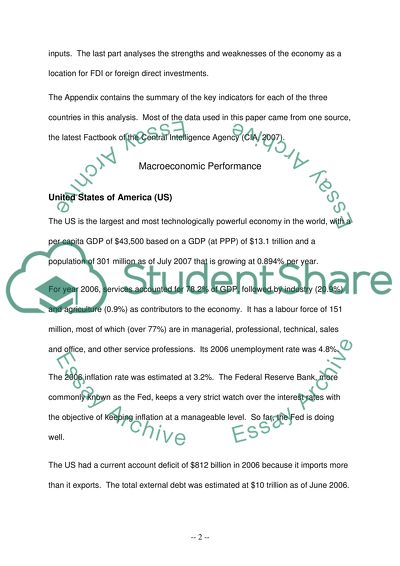Cite this document
(“Macroeconomic Performance and Strategic Decisions: United States of Research Paper”, n.d.)
Macroeconomic Performance and Strategic Decisions: United States of Research Paper. Retrieved from https://studentshare.org/macro-microeconomics/1533971-macroeconomic-performance-and-strategic-decisions-essay
Macroeconomic Performance and Strategic Decisions: United States of Research Paper. Retrieved from https://studentshare.org/macro-microeconomics/1533971-macroeconomic-performance-and-strategic-decisions-essay
(Macroeconomic Performance and Strategic Decisions: United States of Research Paper)
Macroeconomic Performance and Strategic Decisions: United States of Research Paper. https://studentshare.org/macro-microeconomics/1533971-macroeconomic-performance-and-strategic-decisions-essay.
Macroeconomic Performance and Strategic Decisions: United States of Research Paper. https://studentshare.org/macro-microeconomics/1533971-macroeconomic-performance-and-strategic-decisions-essay.
“Macroeconomic Performance and Strategic Decisions: United States of Research Paper”, n.d. https://studentshare.org/macro-microeconomics/1533971-macroeconomic-performance-and-strategic-decisions-essay.


